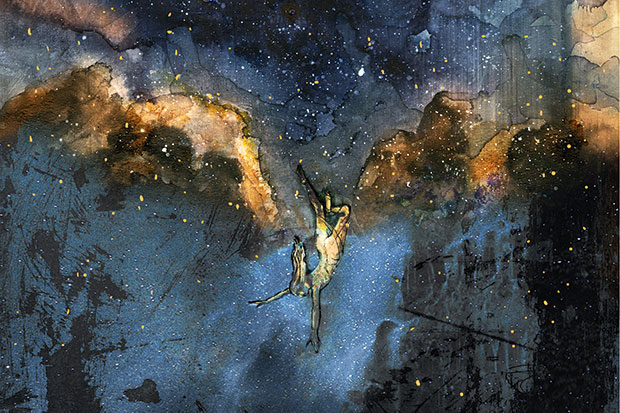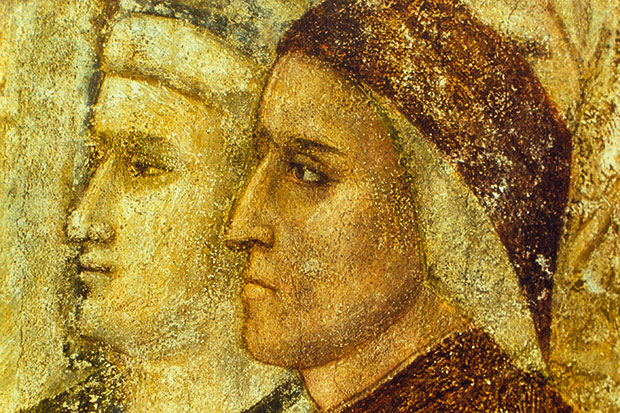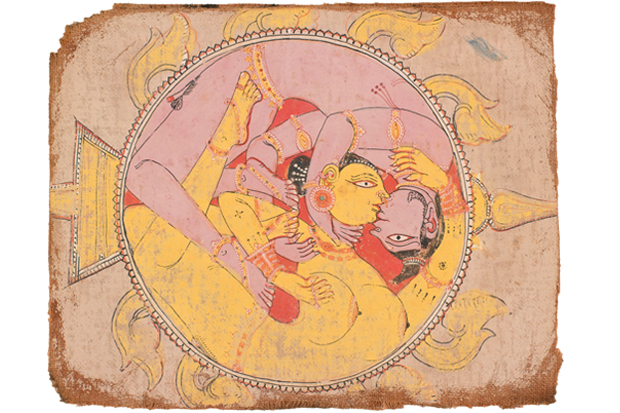Curtis Sittenfeld’s novel Eligible is a page-turning romantic comedy which is very funny and entirely ridiculous: each of the short chapters is as unwholesomely addictive as a Pringle coated in crack cocaine. It’s clearly influenced by writers like Tina Fey, Nora Ephron and Nancy Meyers. But that isn’t the point. Because with a certain punky insouciance, Sittenfeld has closely modelled her entertainment on Jane Austen’s Pride and Prejudice.
The Bennet sisters are now a quintet of unmarried women aged between 20 to 40, hailing from Cincinnati: Liz Bennet is a journalist working for Mascara magazine in New York; her elder sister Jane is a yoga instructor, her younger sister Mary is a bookish student and the still younger Kitty and Lydia lead an underemployed, moneyed and faintly Kardashian-ish existence, living at home with their well-to-do parents. Jane is to find herself romantically attached to a certain Chip Bingley, the star of the TV reality-dating show Eligible, in which dozens of attractive women compete for his approval. Meanwhile, Liz finds herself nettled and discomposed by an arrogant, rich hottie called Fitzwilliam Darcy, a neurosurgeon who patronises Cincinnati women and with whom Lizzie finds herself having ‘hate sex’ before he swallows some of his pride and makes a certain ungraciously worded proposal. There are other twists and variations.
Sittenfeld is already widely admired as the author of the 2008 bestseller American Wife, another daring appropriation, fictionalising the inner life of former First Lady Laura Bush. But this is a very different, more unassuming jeu d’ésprit — part of an ongoing Austen Project, matching up contemporary authors with the famous novels. Some critics, either side of the Atlantic, have received it icily, like J.S. Bach scholars hissing and turning a whiter shade of pale at the mention of Procul Harum.
Austen spoofs and pastiches are of course nothing new: there is Amy Heckerling’s 1995 film Clueless, based on Emma, and also Helen Fielding’s newspaper-column-turned-book-turned-film about Bridget Jones, itself a riff on Pride and Prejudice. P.D. James did Death Comes to Pemberley and there has been the horror mashup Pride and Prejudice and Zombies. All of these have tended to be tolerantly, and in fact affectionately, treated by Austen scholars, possibly because they have clearly announced themselves as being modestly grounded in the avowedly humbler non-Eng Lit genres of movie, comedy, pulp and spoof. Sittenfeld is a literary novelist who has written a novel based on a work of literature, and this, I suspect, is presumptuous for some.
But it’s great. Sittenfeld takes the two forms of social capital in Austen’s novels — that is, being rich and being pretty — and adds a third: being famous. Celebrity is the new asset which can be traded in the markets of marriage and sex, and it is a kind of feminised asset. In this universe, Chip Bingley is alluring, like a beautiful woman (he is famous on the show for his emotional incontinence, bursting into tears when he has to turn women down) and celebrity makes people attractive in ways which counteract a lack of money or looks. Eligible is also an elegant reminder that Austen uses the word variously and interestingly, to refer to all kinds of socio-financial possibility and constraint.
I didn’t like all of Eligible: the character Kathy De Bourgh is an ageing superstar feminist of a Greer vintage who, rather feebly, gets on well with Liz and, disappointingly, has nothing to say on the subject of transgenderism. A friend of mine (an award-winning novelist, in fact) told me she found Eligible tiresome and unfunny, although we did agree on how fiercely and compulsively readable it is: a distinctively literary skill which is hardly to be sniffed at, and which Austen of course possessed. For me, pure entertainment in a novel is something always to be prized. To use a phrase from the movies, this is a summer blockbuster.
Got something to add? Join the discussion and comment below.
Get 10 issues for just $10
Subscribe to The Spectator Australia today for the next 10 magazine issues, plus full online access, for just $10.
Available from the Spectator Bookshop, £12.49. Tel: 08430 600033
You might disagree with half of it, but you’ll enjoy reading all of it. Try your first month for free, then just $2 a week for the remainder of your first year.














Comments
Don't miss out
Join the conversation with other Spectator Australia readers. Subscribe to leave a comment.
SUBSCRIBEAlready a subscriber? Log in